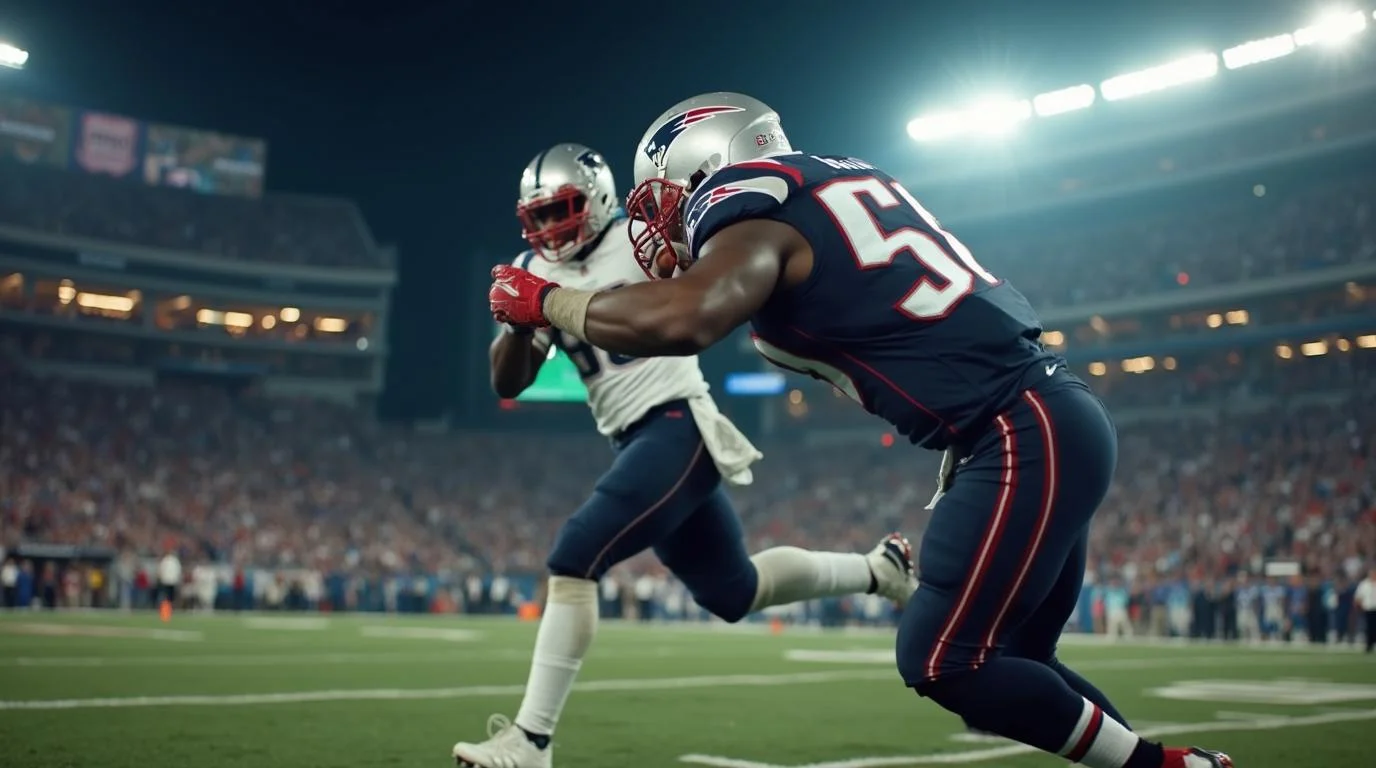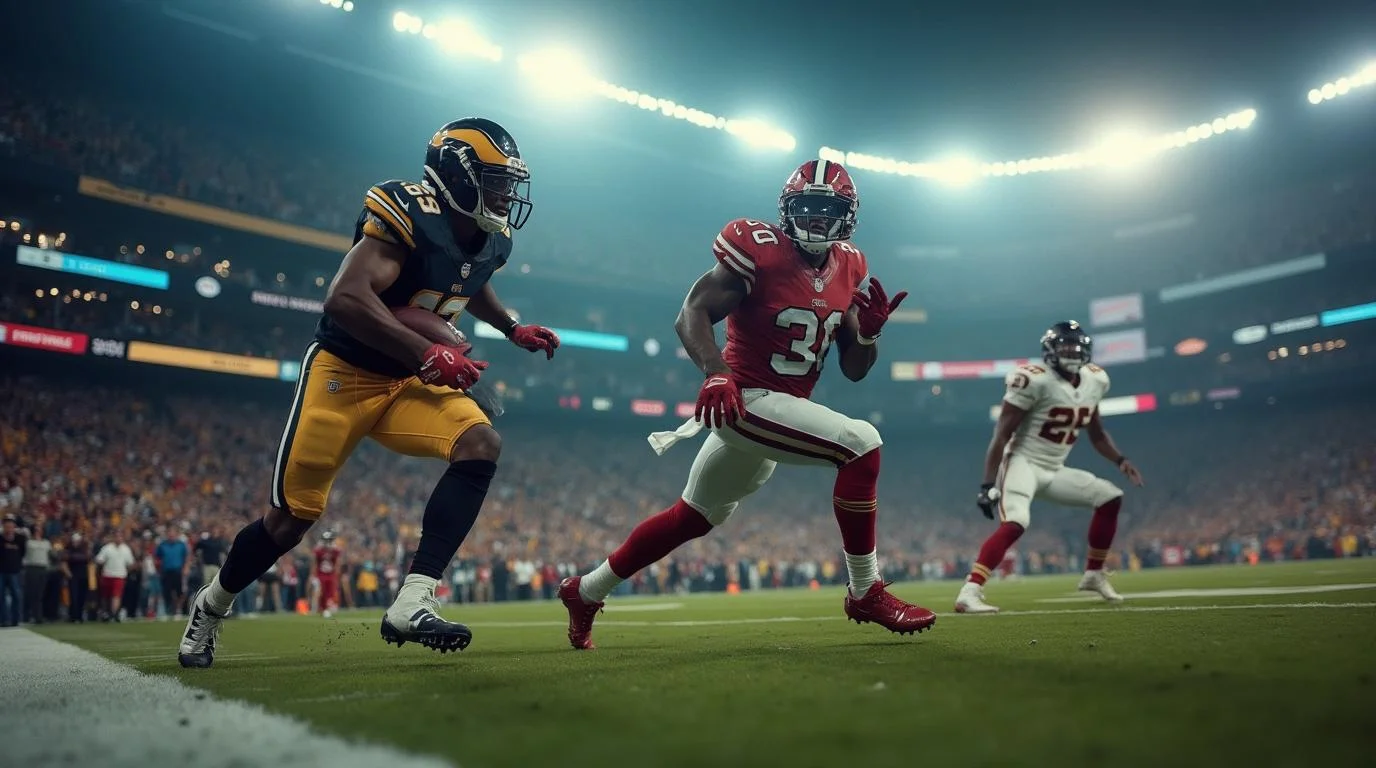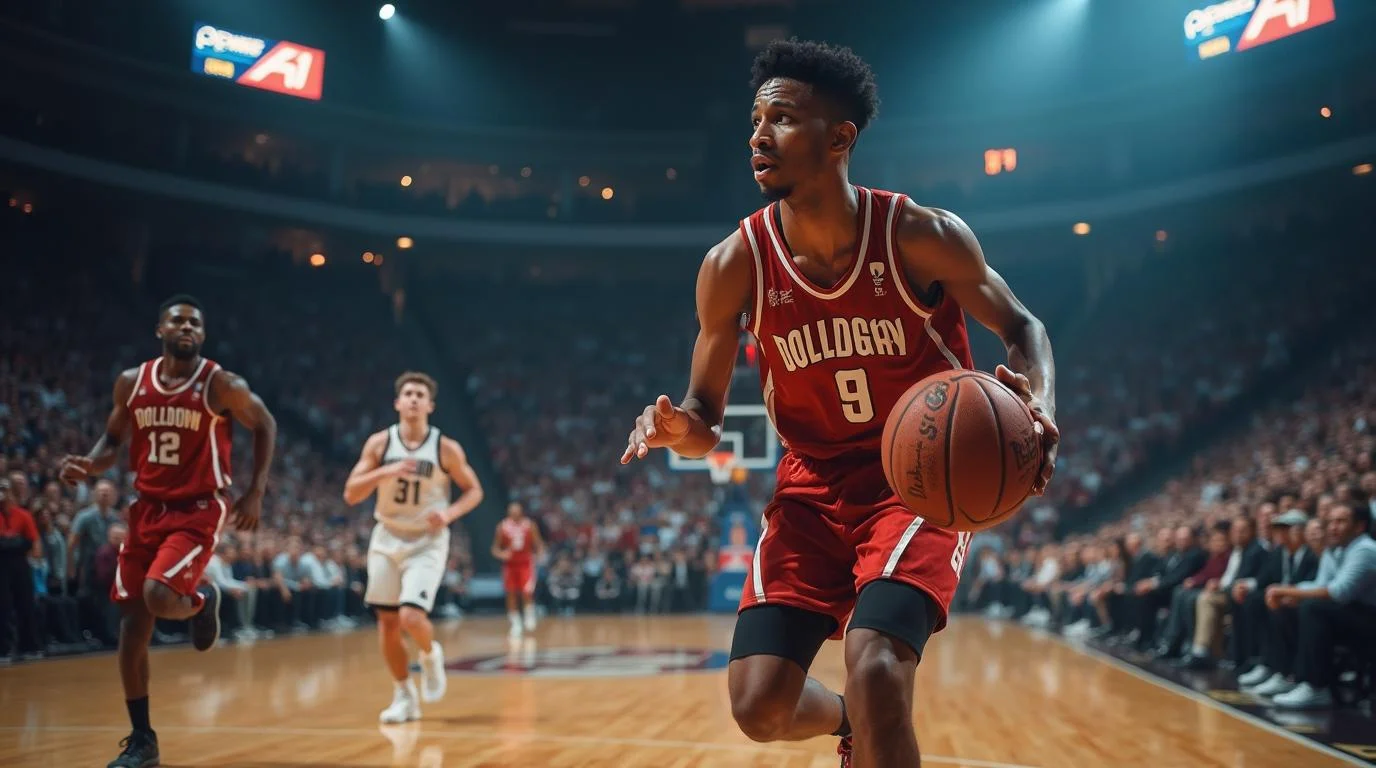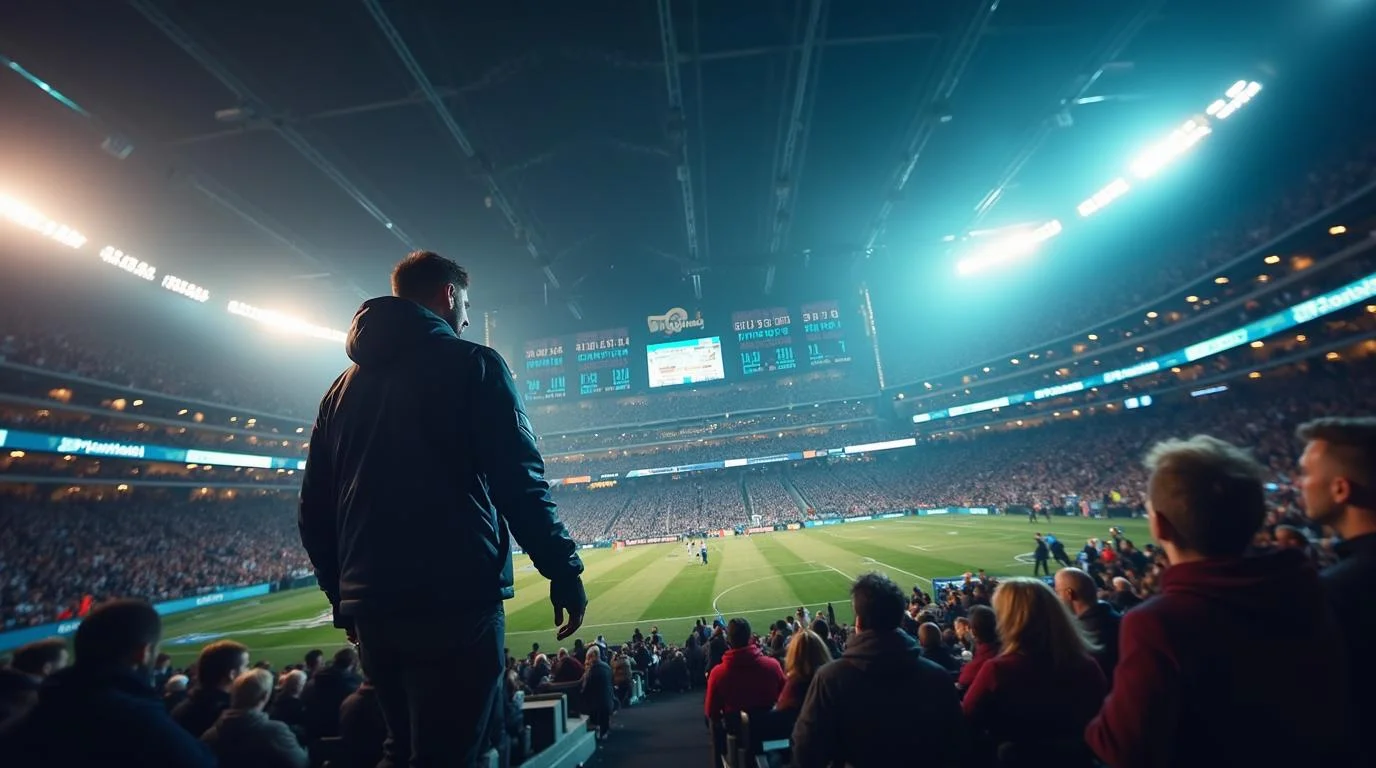University of Mississippi Study Reveals Student Sports Betting Surge
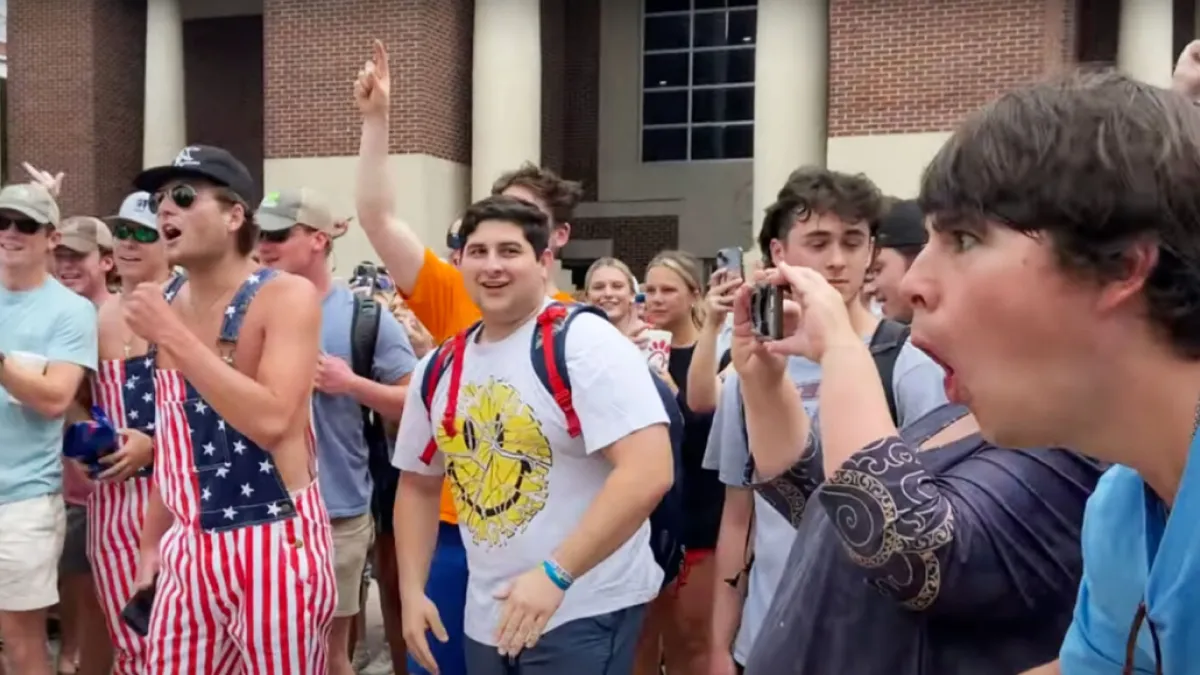
1.0
Default
In a recent study done by the University of Mississippi, it was found that almost 60% of college students have reported betting on sportsbooks in the last year. These bets were reportedly done through regulated sportsbooks and not illegal betting platforms, even though sports betting continues to be illegal in Mississippi.
A new University of Mississippi study has found that large numbers of college students in the state are placing sports bets online, despite mobile sports betting remaining banned in Mississippi.
The survey, which questioned almost 1,600 students across multiple Mississippi colleges, revealed that almost 60% of students who gambled in the past year reported placing bets on 'legal' online sportsbooks. This suggests that many students are circumventing state restrictions to access regulated betting platforms.
"Our students are showing similar patterns to those identified by the NCAA and seen nationally, including that legality doesn't make a difference with college students," stated Dan Durkin, a social work associate professor and one of the study's coauthors. Durkin noted that the survey did not distinguish between legal and illegal platforms because most students either don't know or don't care about the difference.
How students are bypassing the ban
While Mississippi allows sports betting only in person at casinos or via mobile apps used on casino premises, many students appear to be placing online bets from elsewhere. The study's findings suggest that students are using virtual private networks or other workarounds to access legitimate sportsbooks in other states or countries.
Some students reportedly learned how to use VPNs after a 2023 Mississippi law required age verification for pornographic websites, prompting certain adult content providers to block state access. The same method has now been repurposed for sports betting.
High-risk gambling patterns emerge
The University of Mississippi research team - which included Durkin, Nicholas McAfee, Hannah Allen, Ronald Rychlak, and George McClellan - found that 32% of surveyed students had used family or friends to place bets. About 18% placed bets at casinos and 15% used offshore sportsbooks, while another 15% turned to illegal bookies.
Extrapolating from state and national estimates, Durkin said between 4,700 - 6,400 of Mississippi's nearly 80,000 public university students could be facing serious gambling problems. These range from psychological distress and debt to a drop in academic performance. Of those, up to 30% may develop a gambling disorder over time. The survey found that while most student bettors had little to no risk for gambling problems, 10% were at moderate risk, and 6% passed the criteria for a gambling disorder.
Sports and spending habits
Among students who placed sports bets, the NFL was the most popular choice (62%), followed by college football at 53%, men's college basketball at 48%, and NBA games at 46%. Average monthly spending on betting was around $100, though some students reported wagering as much as $6,000 in a single month. Additionally, sports betting was more prevalent among students who were white males and lived off campus, were participating in athletics, were members of Greek organizations, and had above-average GPAs.
Mississippi lawmakers have debated legalizing online sports betting for several years, with the state House passing legislation in 2023, 2024, and 2025. Each time, the measure failed in the Senate. Proponents argue that legalization could reduce the size of the illicit market, which accounted for roughly $3 billion in illegal sports bets in Mississippi in 2024. Critics fear it could damage the state's casino industry and worsen gambling addiction.
House Speaker Jason White has been one of the most vocal supporters of mobile sports betting and is expected to renew the push during the 2026 legislative session.
Calls for Responsible Gambling measures
Durkin suggested that if Mississippi does move forward with legalization, lawmakers should follow the example of states like Kentucky, Virginia, and Tennessee, which dedicate gambling tax revenue to addiction prevention and treatment programs.
"They should consider modeling our state after what other states have done and include in their legislation money to attend to these problems," said Durkin. "They need to tax the people who are causing the problems to fund fixing them." The University of Mississippi's findings add fresh urgency to the debate, highlighting that for many college students, the mobile betting ban is more of an obstacle than an actual deterrent.








_800x800.webp)


